- Browse
- Programming Languages
Results for "programming languages"
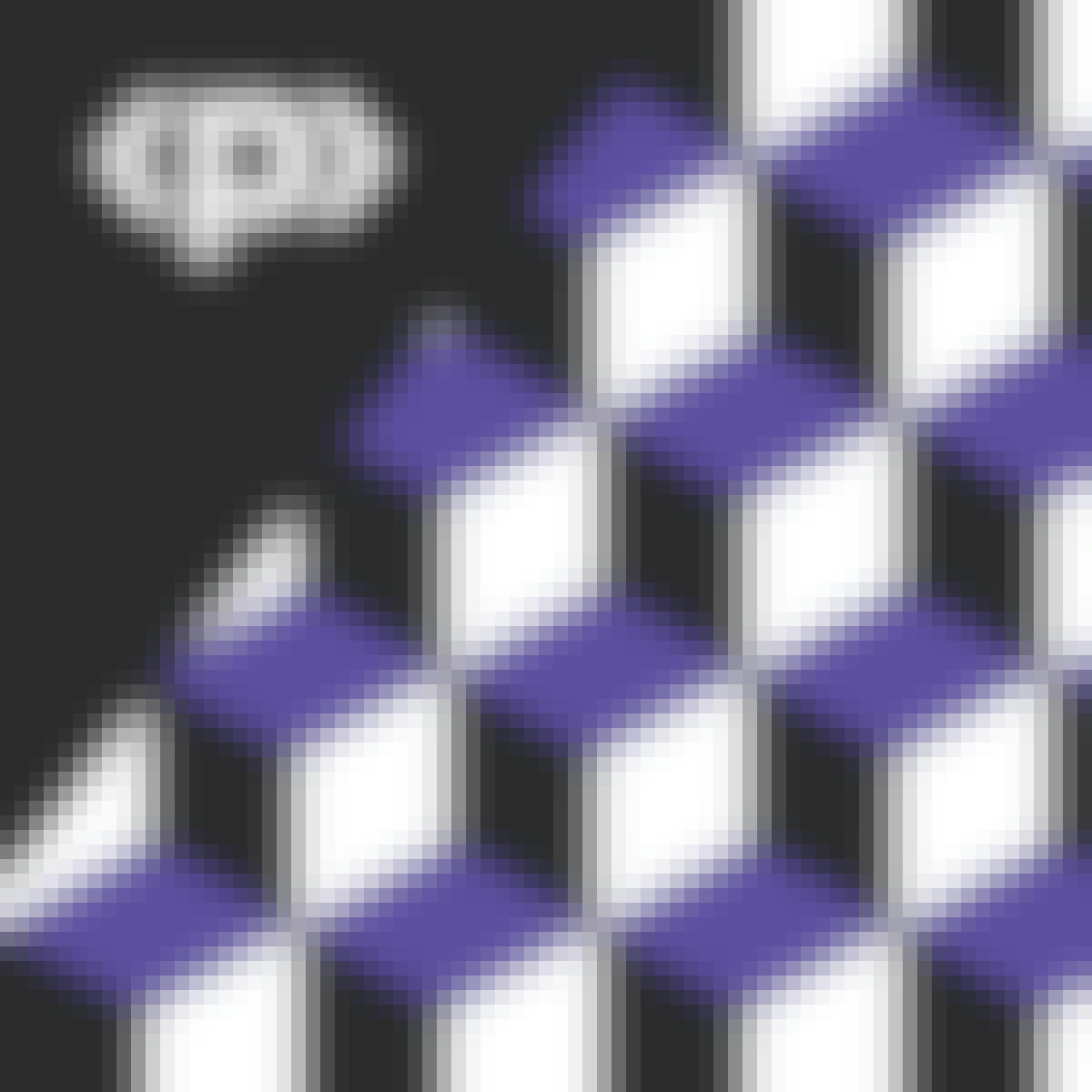 Status: NewNewStatus: Free TrialFree Trial
Status: NewNewStatus: Free TrialFree TrialSkills you'll gain: JUnit, Spring Framework, Spring Boot, Java, Apache Maven, Hibernate (Java), Unit Testing, Gradle, Microservices, Application Programming Interface (API), Google Cloud Platform, Simple Object Access Protocol (SOAP), Application Deployment, Development Environment, Cloud Deployment, OAuth, YAML, Restful API, Load Balancing, Configuration Management
Intermediate · Specialization · 3 - 6 Months
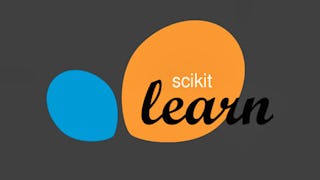
Skills you'll gain: Scikit Learn (Machine Learning Library), Predictive Modeling, Regression Analysis, Machine Learning Algorithms, Applied Machine Learning, Predictive Analytics, Python Programming, Classification Algorithms, Machine Learning, Data Analysis
4.8·Rating, 4.8 out of 5 stars8 reviewsBeginner · Guided Project · Less Than 2 Hours
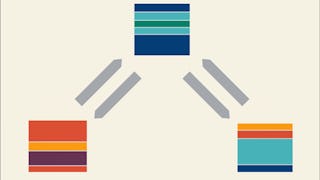 Status: Free TrialFree TrialU
Status: Free TrialFree TrialUUniversity of Virginia
Skills you'll gain: User Story, Javascript, Model View Controller, Debugging, HTML and CSS, Prototyping, jQuery, Web Applications, Hypertext Markup Language (HTML), User Interface (UI), Interactive Design, Web Design and Development, Web Development Tools, Web Design, Application Programming Interface (API), Application Development, Cascading Style Sheets (CSS), Software Development, User Experience, User Accounts
4.2·Rating, 4.2 out of 5 stars74 reviewsBeginner · Specialization · 1 - 3 Months
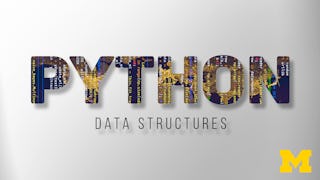 Status: PreviewPreviewU
Status: PreviewPreviewUUniversity of Michigan
Skills you'll gain: File I/O, Data Structures, Data Processing, Data Analysis Software, Data Manipulation, Python Programming, Development Environment, Software Installation
4.9·Rating, 4.9 out of 5 stars10 reviewsMixed · Course · 1 - 3 Months
 Status: NewNewStatus: Free TrialFree Trial
Status: NewNewStatus: Free TrialFree TrialSkills you'll gain: PySpark, MySQL, Data Pipelines, Apache Spark, Data Processing, SQL, Data Transformation, Data Manipulation, Distributed Computing, Python Programming, Debugging
4.6·Rating, 4.6 out of 5 stars39 reviewsMixed · Course · 1 - 4 Weeks
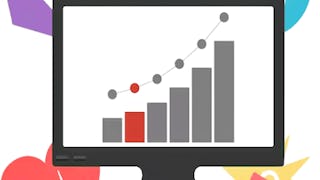 Status: Free TrialFree TrialU
Status: Free TrialFree TrialUUniversity of Colorado System
Skills you'll gain: Extract, Transform, Load, Data Modeling, Clinical Data Management, Database Design, Data Warehousing, Data Quality, Data Transformation, Data Integration, Health Informatics, Relational Databases, SQL
4.2·Rating, 4.2 out of 5 stars66 reviewsIntermediate · Course · 1 - 3 Months
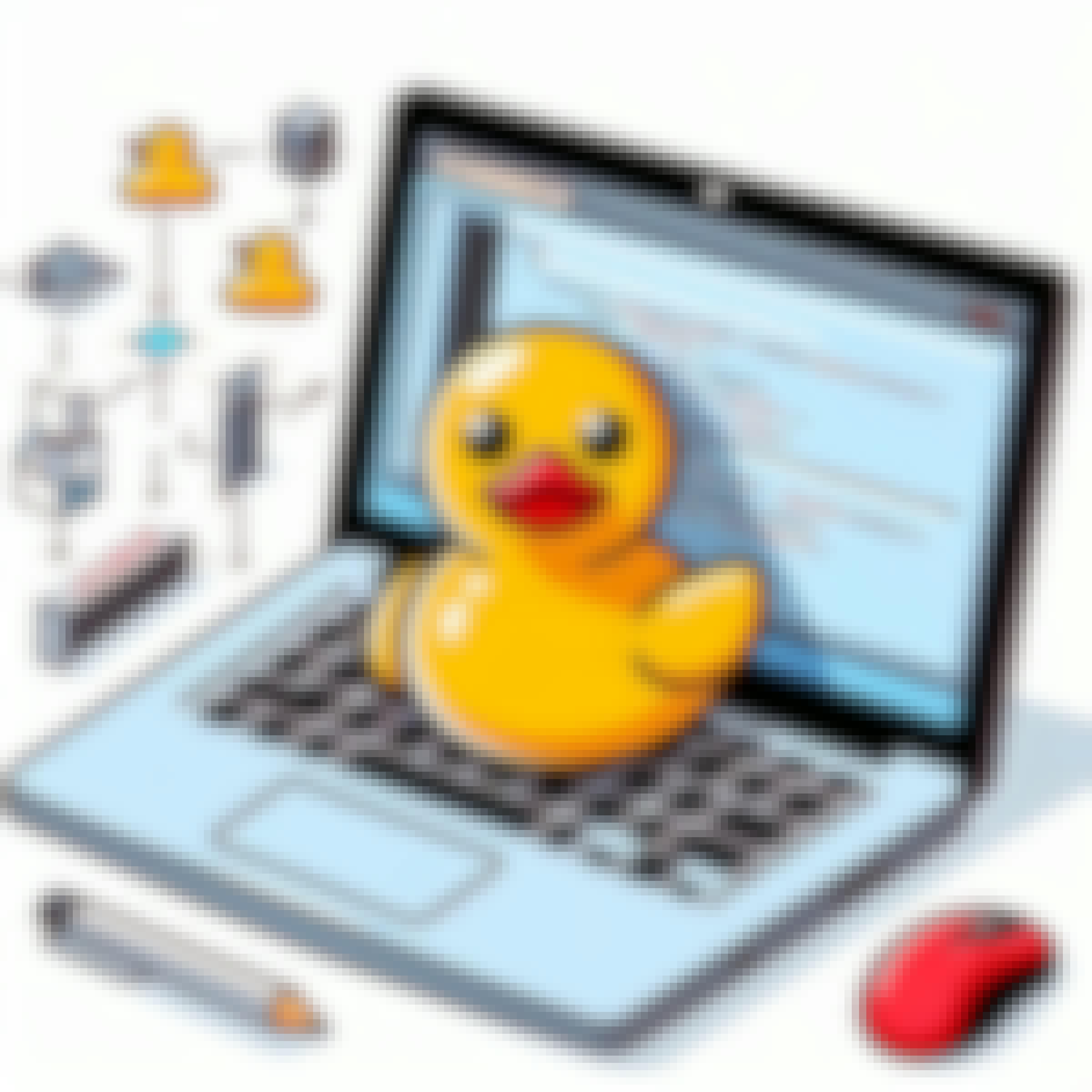 Status: Free TrialFree TrialU
Status: Free TrialFree TrialUUniversity of Colorado Boulder
Skills you'll gain: Object Oriented Design, JUnit, Object Oriented Programming (OOP), Software Design Patterns, Java, Unified Modeling Language, Software Design, Java Programming, Software Architecture, Model View Controller, Data Modeling, Conceptual Design
Build toward a degree
Intermediate · Course · 1 - 3 Months
 Status: NewNewStatus: Free TrialFree TrialG
Status: NewNewStatus: Free TrialFree TrialGGoogle
Skills you'll gain: Data Wrangling, Data Import/Export
5·Rating, 5 out of 5 stars6 reviewsIntermediate · Course · 1 - 3 Months
 Status: Free TrialFree TrialM
Status: Free TrialFree TrialMMicrosoft
Skills you'll gain: Microsoft Development Tools, Microsoft Azure, Serverless Computing, Cloud Development, Event-Driven Programming, Cloud API, Application Programming Interface (API), Microservices, GitHub, Business Process Automation
4.2·Rating, 4.2 out of 5 stars12 reviewsIntermediate · Course · 1 - 3 Months
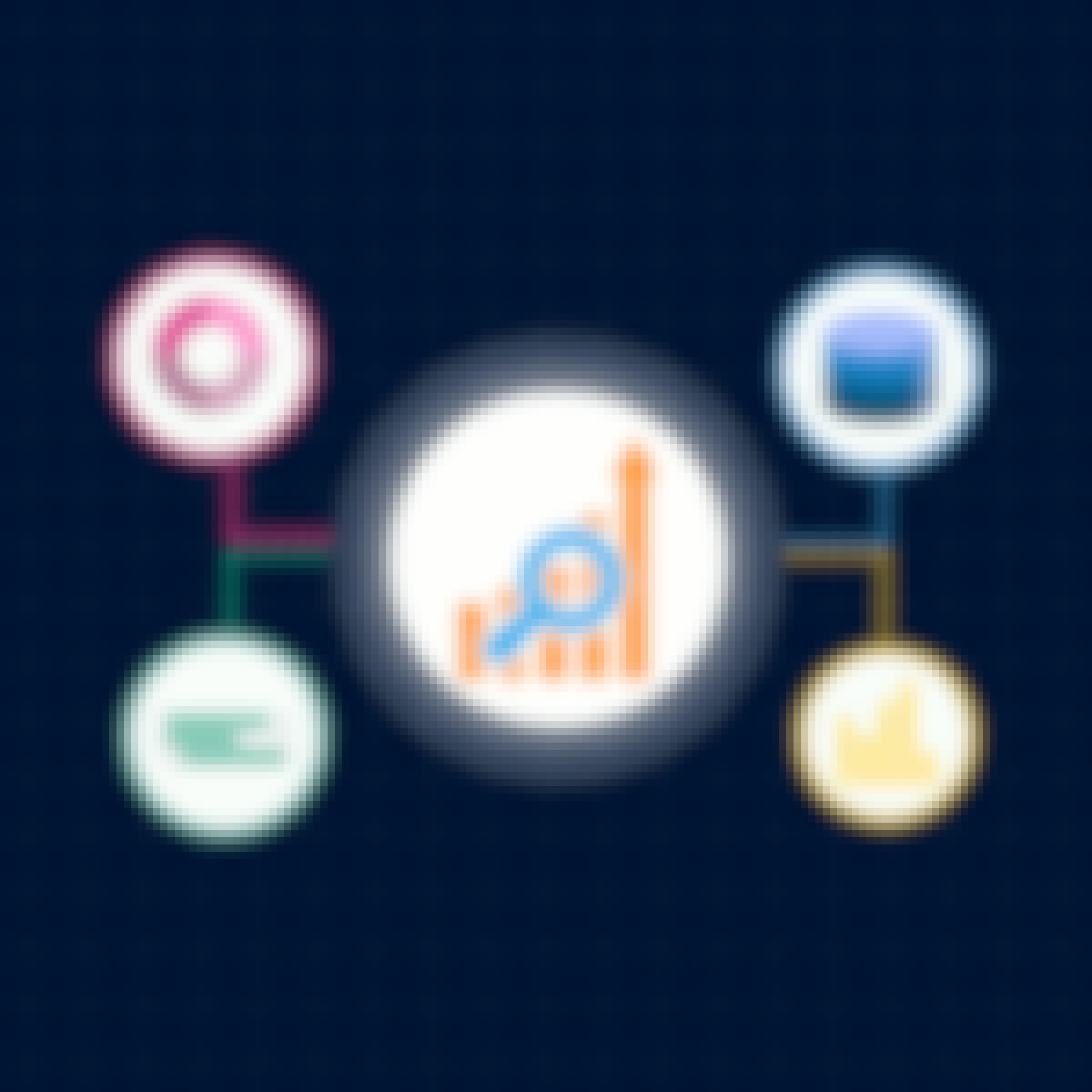 Status: PreviewPreviewB
Status: PreviewPreviewBBoard Infinity
Skills you'll gain: Query Languages, Data Analysis, Software Installation, Performance Tuning, Distributed Computing, Scalability, Data Modeling, Cloud Deployment
3.6·Rating, 3.6 out of 5 stars14 reviewsBeginner · Course · 1 - 4 Weeks

Skills you'll gain: Unsupervised Learning, Applied Machine Learning, Plotly, Data Visualization, Machine Learning, Social Sciences, Socioeconomics, Machine Learning Algorithms, Scikit Learn (Machine Learning Library), Exploratory Data Analysis, Data Analysis, Python Programming
4.7·Rating, 4.7 out of 5 stars20 reviewsBeginner · Guided Project · Less Than 2 Hours
 Status: FreeFree
Status: FreeFreeSkills you'll gain: Shiny (R Package), Data Visualization, Interactive Data Visualization, Dashboard, Data Visualization Software, R Programming, Data Wrangling, User Interface (UI) Design, Ggplot2, Data Manipulation, Data Integration, Data Import/Export
Intermediate · Guided Project · Less Than 2 Hours
Searches related to programming languages
In summary, here are 10 of our most popular programming languages courses
- Master Microservices with Spring Boot and Spring Cloud: Packt
- Scikit-Learn to Solve Regression Machine Learning Problems: Coursera
- Coding for Designers, Managers, and Entrepreneurs: University of Virginia
- Estruturas de dados Python: University of Michigan
- PySpark & Python: Hands-On Guide to Data Processing: EDUCBA
- Clinical Data Models and Data Quality Assessments: University of Colorado System
- Object-Oriented Analysis and Design: Patterns and Principles: University of Colorado Boulder
- Data Structures in Python: Google
- Build Serverless Applications: Microsoft
- Executing Full Text Queries with Elasticsearch: Board Infinity










